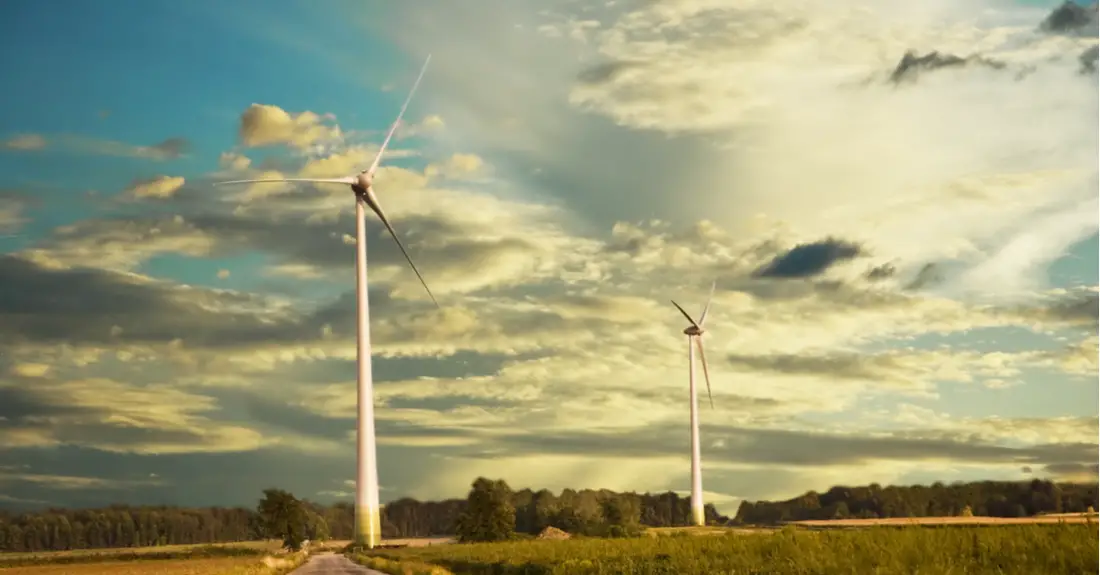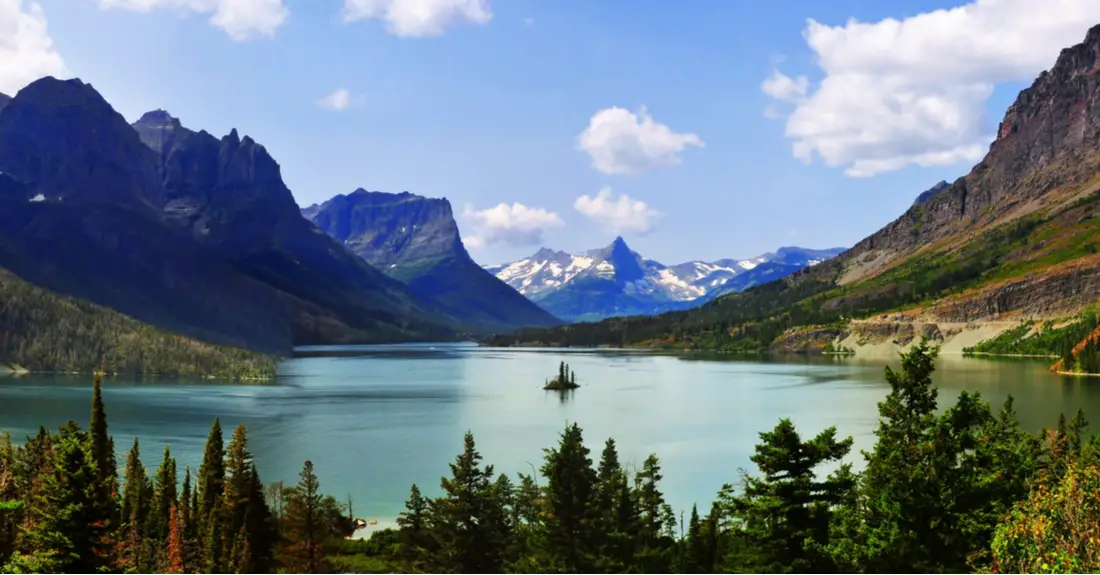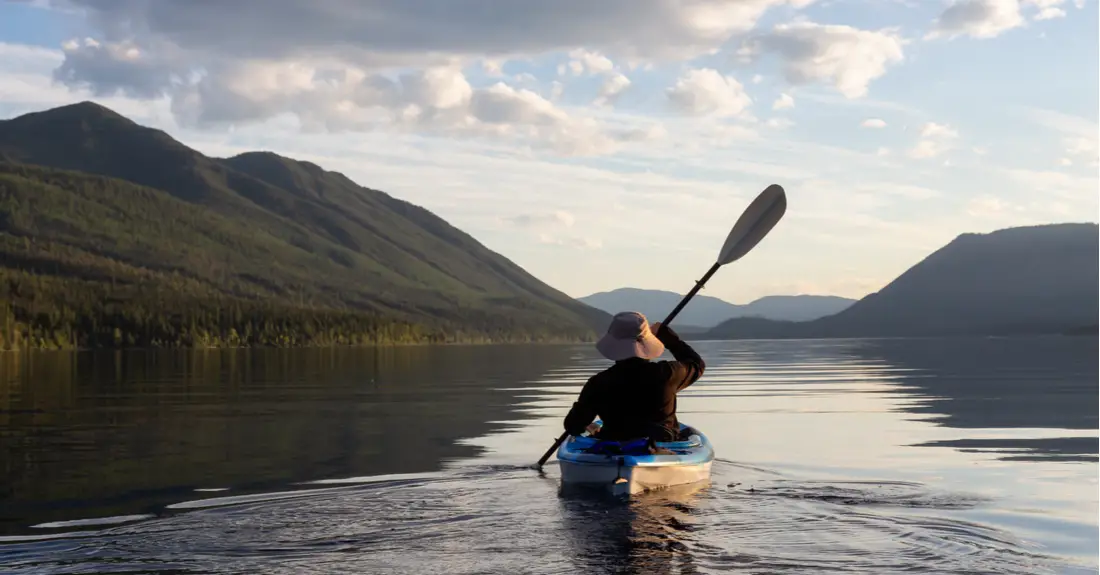Environmental Organizations and Nonprofits You Can Support


If you’re concerned at all about the fate of our planet – and you should be – it’s natural to wonder what you can do to help beyond reducing, reusing, recycling and composting your own banana peels. You can always volunteer locally, but if you’d rather help by donating money instead of time, you face a dilemma. By some estimates, the United States is home to nearly 15,000 registered environmental organizations and nonprofits you can support, focused on everything from renewable energy or animal welfare. How do you sort through them all to make sure your money is going to the ones making the biggest impact?
All environmental organizations and nonprofits work in some way to protect the Earth, or part of it, from the damaging effects of human civilization. But that’s about all they have in common. The range in their individual scopes and missions is immense, so you have to decide what aspect of the environment is most important to you. Do you want to save whales, or protect the rainforest? Does renewable energy charge you up, or do you dig organic agriculture?
Then, do your research. Look into prospective nonprofits to see how credible they are, where they operate, and how effective their programs are. And make sure they’re a registered nonprofit, so you can write your donation off on your taxes. To help you choose, we’ve created a list of environmental organizations and nonprofits you can support. All of these received high scores from Charity Watch and Charity Navigator based on their impact, the total expenses they spent on their programs, the amount it costs them to raise $100 in donations, and other financial measurables.

Environmental Organizations and Nonprofits You Can Support: Climate and Clean Energy
350.org
Charity Navigator score:
94.99 (out of 100), 4 stars (out of 4)
Charity Watch grade:
No rating
Based in Boston, Massachusetts, and boasting members in more than 180 countries, 350.org bills itself as “an international movement of ordinary people working to end the age of fossil fuels and build a world of community-led renewable energy for all”. The organization was founded in 2008 in part by author Bill McKibben, whose 1989 book The End of Nature was one of the first to call attention to global warming. 350.org’s goals are to quickly move the world to 100 percent renewable energy; ban any new oil, coal, or gas projects; and cut off all funding and investment in “dirty energy”. Find a group active in your community, or make a donation online at 350.org.
Natural Resources Defense Council
Charity Navigator score:
94.87, 4 stars
Charity Watch grade:
A-
One of the USA’s largest environmental organizations, the Natural Resources Defense Council (NRDC) was founded in 1970 and now has more than three million members worldwide. “NRDC works to safeguard the earth – its people, its plants and animals, and the natural systems on which all life depends,” according to its mission statement. The organization employs scientists, attorneys and policy advocates to defend endangered natural places and ensure the rights of all people to unspoiled air, water and land. Show your support by calling on President Joe Biden’s administration or your congressional representatives to take action to protect the planet, or donate online at NRDC.org.

Environmental Organizations and Nonprofits You Can Support: Conservation
The Nature Conservancy
Charity Navigator score:
84.49, 3 stars
Charity Watch grade:
A-
Founded in 1951 through grassroots activism, The Nature Conservancy (TNC) is one of the U.S.’s best-known environmental organizations. It now has more than one million members active in all 50 states, as well as 72 countries and territories. TNC has protected more than 125 million acres of the planet by purchasing land (and seafloor) to keep it free from development while limiting human access and impact. The organization has more than 400 scientists on its staff, and also operates over 100 marine conservation projects. You can volunteer at TNC projects near you, or donate online at nature.org.
The Conservation Fund
Charity Navigator score:
89.38, 3 stars
Charity Watch grade:
A+
Billing itself as “the nation’s top environmental nonprofit”, the Conservation Fund has protected more than eight million acres of land across the U.S. since its founding in 1985. Examples of their work include purchasing Sweetwater Lake in Colorado to protect it from developers, and improving trail access into the Flat Tops Wilderness. The organization also permanently protected the Three Rivers Forest in New York, which includes the headwaters of three tributaries to the St. Lawrence River. The forest helps support the local economy in the Adirondacks through timber and tourism. Donate online or find out about projects in your area at conservationfund.org.

Environmental Organizations and Nonprofits You Can Support: Wildlife
Wildlife Conservation Society
Charity Navigator score:
94.19, 4 stars
Charity Watch grade:
A
With the world-famous Bronx Zoo as its flagship initiative, the venerable Wildlife Conservation Society (WCS) was founded in 1895 and is committed to protecting wildlife and wild spaces through education, scientific study and conservation efforts. The WCS also maintains the world’s largest urban wildlife park system. The organization operates about 500 conservation projects in more than 60 countries. Meanwhile, the WCS educates millions of visitors each year at its four zoos and one aquarium in New York City. Get involved by contacting your congressional representatives and telling them to make wildlife a priority, or donate online at wcs.org.
African Wildlife Foundation
Charity Navigator score:
84.96, 3 stars
Charity Watch grade:
A-
The African Wildlife Foundation (AWF) is the leading international conservation organization focused solely on Africa. The nonprofit works with the people of Africa to protect the continent’s ecosystem for future generations. Founded in 1961, AWF spearheads efforts that conserve land, protect endangered species and work with local communities. The organization helped stop poachers in Botswana and Tanzania. Also, it protected threatened species and provide revenue to communities in Uganda by promoting wildlife tourism. You can make a donation online at awf.org.

Environmental Organizations and Nonprofits You Can Support: Oceans and Rivers
Oceana
Charity Navigator score:
95.92, 4 stars
Charity Watch grade:
A-
The largest organization in the world focused solely on marine conservation, Oceana works to limit unintended catches in fisheries. The organization also sets aside vast swaths of seafloor to keep them free from destructive fishing methods like bottom trawling. In its 20 years of existence, Oceana has protected nearly four million square miles of ocean. It also helps restore depleted fisheries to make our oceans “as rich, healthy, and abundant as they once were”. Lastly, Oceana participates in efforts to reduce the production and use of throwaway plastics. Contribute to the effort by eating only sustainable seafood, using less plastic and telling elected representatives to protect the oceans. Donations can be made online at oceana.org.
American Rivers
Charity Navigator score:
91.64, 4 stars
Charity Watch grade:
A-
American Rivers has protected and restored more than 150,000 miles of waterways since the organization’s founding in 1973. Headquartered in Washington, D.C., American Rivers has more than 200,000 supporters working on advocacy efforts and on-the-ground projects. These efforts include removing dams, decreasing sewage pollution in rivers, and updating water infrastructure to make it more eco-friendly. Their goal is to ensure clean drinking water, revitalize fish and wildlife, and leave healthy rivers for future generations. Get involved by telling your congressional representatives to prioritize river health, or donate online at americanrivers.org.




